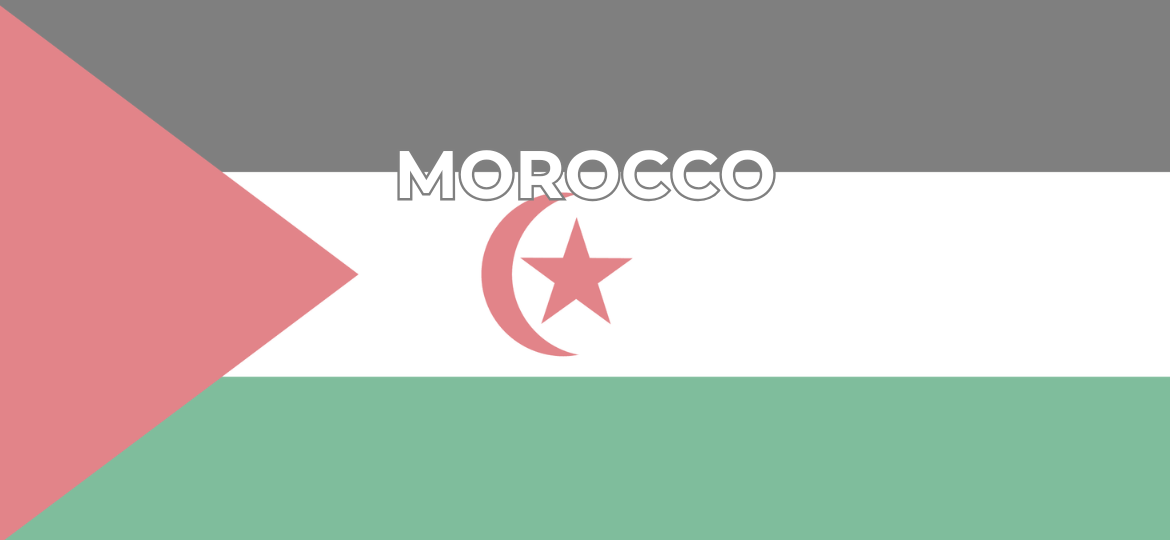
In late September and early October 2025, youth-led protests swept across Morocco, with demonstrators in Rabat, Casablanca, Tangier, Agadir, Oujda and Fes. People demanded improved access to education, healthcare, employment, and an end to corruption. The demonstrations, organised under the “Gen Z 212” movement, followed public outrage over the deaths of several pregnant women in a public hospital in Agadir, which reignited long-standing grievances about the state of public services.
According to reports from national and international human rights organisations, security forces used excessive force to disperse demonstrators, resulting in at least three deaths, dozens of injuries, and the arrest of nearly 1,000 people, including minors, journalists, artists, and local human rights defenders. Human Rights Watch documented incidents in which police vehicles drove into crowds of protesters in Oujda and the Royal Gendarmerie used live ammunition to disperse demonstrators in Lqliâa, near Agadir. Courts have since issued prison sentences against several participants, including on charges of “inciting minor offenses” and “acts of vandalism.”
Observers also reported cases of discriminatory profiling, gender-based harassment, and ill-treatment in detention. Some detainees have been released, however many continue to face judicial proceedings for participation in unauthorised gatherings.
The protests come amid broader public debate over Morocco’s investment priorities, including major spending in preparation for the 2030 FIFA World Cup and the 2025 Africa Cup of Nations. In a televised address on 10 October, King Mohammed VI reiterated the government’s commitment to improving healthcare and education, though did not address the protests directly.
Separately, the Rabat Court of First Instance sentenced psychologist and women’s rights defender Ibtissame “Betty” Lachgar to 30 months in prison for “offending Islam” over a social media post. Her conviction has raised concern about restrictions on freedom of expression and the increasing judicial pressure on human rights defenders and social commentators in Morocco.


